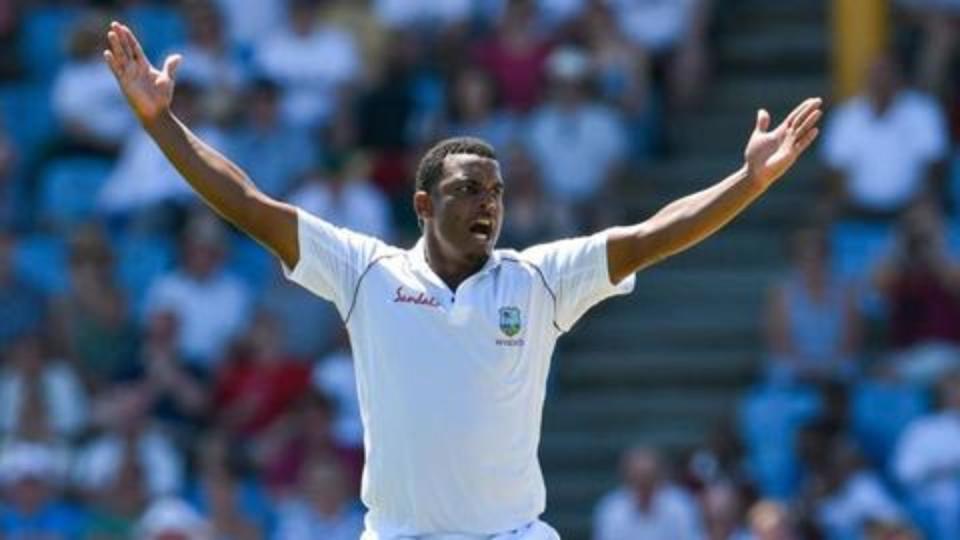West Indies bowler Shannon Gabriel accepts ICC charge, will miss four ODIs
West Indies fast bowler Shannon Gabriel has accepted a code of conduct charge by the ICC.
Gabriel, 30, will miss the first four of five One Day Internationals against England after the conclusion of the three-match Test series, which the hosts won 2-1.
The charge relates to comments made to England captain Joe Root during the third Test match in St Lucia, which the visitors won by 232 runs.
Gabriel has been fined 75 per cent of his match fee for the third Test in St Lucia and handed three demerit points, taking his total to eight – enough to be banned for four ODIs or one Test.
The nature of the paceman’s words is not known but Root was picked up on stump microphones telling Gabriel “don’t use it as an insult. There’s nothing wrong with being gay”.
Gabriel was not included in the initial squad for the five ODIs against England but the Windies had made it clear he would be added after a brief rest period and intended to call up the 30-year-old as injury cover for Keemo Paul and Rovman Powell.
READ MORE: Shannon Gabriel facing ban over alleged homophobic comments

He is likely to return in time for the final match of the series.
Gabriel accepted the charges, which cover “language of a personal, insulting, obscene and/or offensive nature”, but Press Association Sport understands he does not believe himself to have been guilty of any homophobic abuse.
Although supportive of Gabriel, Cricket West Indies is understood to be comfortable with the application of the rules in this instance, provided the zero tolerance approach is applied across the board in future.
It has been noted that Gabriel’s comments were not caught on the microphone and the ICC have effectively set a precedent for future charges relating to on-field exchanges between players.

 Yahoo Sport
Yahoo Sport 






































